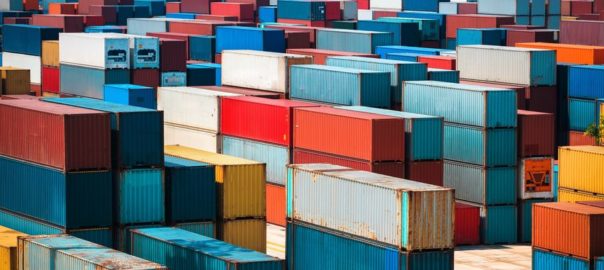50 Years of Bank Nationalization: A Peek into Social and Development Banking

Fifty years ago, on July 19, 1969, Indira Gandhi, who was both Prime Minister and Finance Minister at that time, decided to nationalize 14 major privately-owned commercial banks of India. Banks with a deposit base of over Rs500 million were selected for nationalization while foreign banks were excluded. Six more private banks were later nationalized in 1980.
Analysts have described the nationalization of banks as the most significant economic event after India’s independence in 1947. But if we look globally, state ownership of banks and financial institutions was the norm during the 1960s and 70s. In the post-World War II period, state-ownership of banking witnessed…




